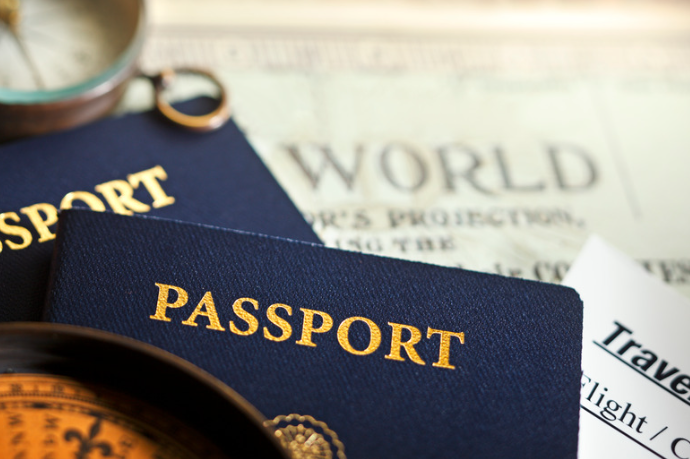What Information Should Never Be Sent Over Email Or Text?
Posted by iCoverLover on Mar 09, 2023
Email and text are the two most popular forms of communication. This is because they are quick, convenient, and relatively easy to use. However, these two digital communication platforms are usually not encrypted, which means they are not always secure. As a matter of fact, email and text are the least secure forms of communication. There is a huge risk that your information could be intercepted, hacked, and read by someone other than the intended recipient.
If you are sending sensitive information through email, it is important to remember that your data is not secure and could be intercepted by someone other than the intended recipient, so it is important to use a secure mailbox service that encrypts your messages and stores them in a secure digital mailbox to ensure that your information remains private.
Information like passwords or login credentials, passport numbers, driver's license numbers, credit or debit card pins, and other personal data shouldn't be sent over emails or text.
Read on to know more about the information you shouldn't send through email or text.
Top 5 information that should never be sent by email or text
Anyone who is looking to securely communicate sensitive information should not use text or email, as these are the least secure forms of communication and any data sent through these channels should always be encrypted to prevent it from falling into the wrong hands.
Here are the top 5 pieces of information that people should never send through email or text.
Password or login credentials
Your login credentials or password is something that should be very important to you. Sending them out via email or text is a perilous choice.
If you have to share credentials with a friend or family, rather than sending them through email or text, you can tell the person on a call. By utilizing a service such as Skype or FaceTime, you can have a face-to-face conversation with friends or family, allowing you to share important news or updates in a more personal and meaningful way than simply sending them through email or text.
Credit or debit card pin
You were asked to create a pin for your card, so you'd be the only one to have access to the money in your bank account. This pin is only known to you and no one else; not even the bank manager.
Sending the pin number via email or text is like an open avenue for hackers to embezzle or launder your money quickly. Make sure all your bank account details remain well hidden and, if necessary, share these details only with people you truly trust.
Passport number
Your passport number is a number that certifies your identity and nationality to travel internationally. This number is often issued by the government. It is mostly linked to your personal information that you won't want to leak out.
The sender should be aware that email and text messages are not secure methods of communication and should not be used to transmit any personal information that they would not want to be leaked.
Driver's license numbers
Why do you think a driver's license is often part of the documents the government or some companies ask for? This is because the number on it is important, as they can easily get your true information through it.
In the same way, if your email or text message is hacked, and the culprit finds your driver's license number, they can easily get you into trouble by using your information or even having access to some things entitled to only you.
TFN (Tax file number)
A TFN is a unique number that is an important part of your tax and pension records and your identity. It's also an important part of finding and tracking your retirement savings. In the wrong hands it could be used for fraud, so keep it safe. Make sure you protect your identity by keeping all your personal information safe, including your TFN.
Conclusion
Your personal information such as login credentials, passport number and driver's license number shouldn't be shared via email or text message. We hope you note these instructions to avoid leaking your information to a stranger.
If you receive a suspicious call, email, or text message asking for personal information, do not provide it and instead hang up, delete the email, or ignore the text message; if you are unsure of the caller's identity, you can always call the sender back using a phone number you know to be legitimate.


